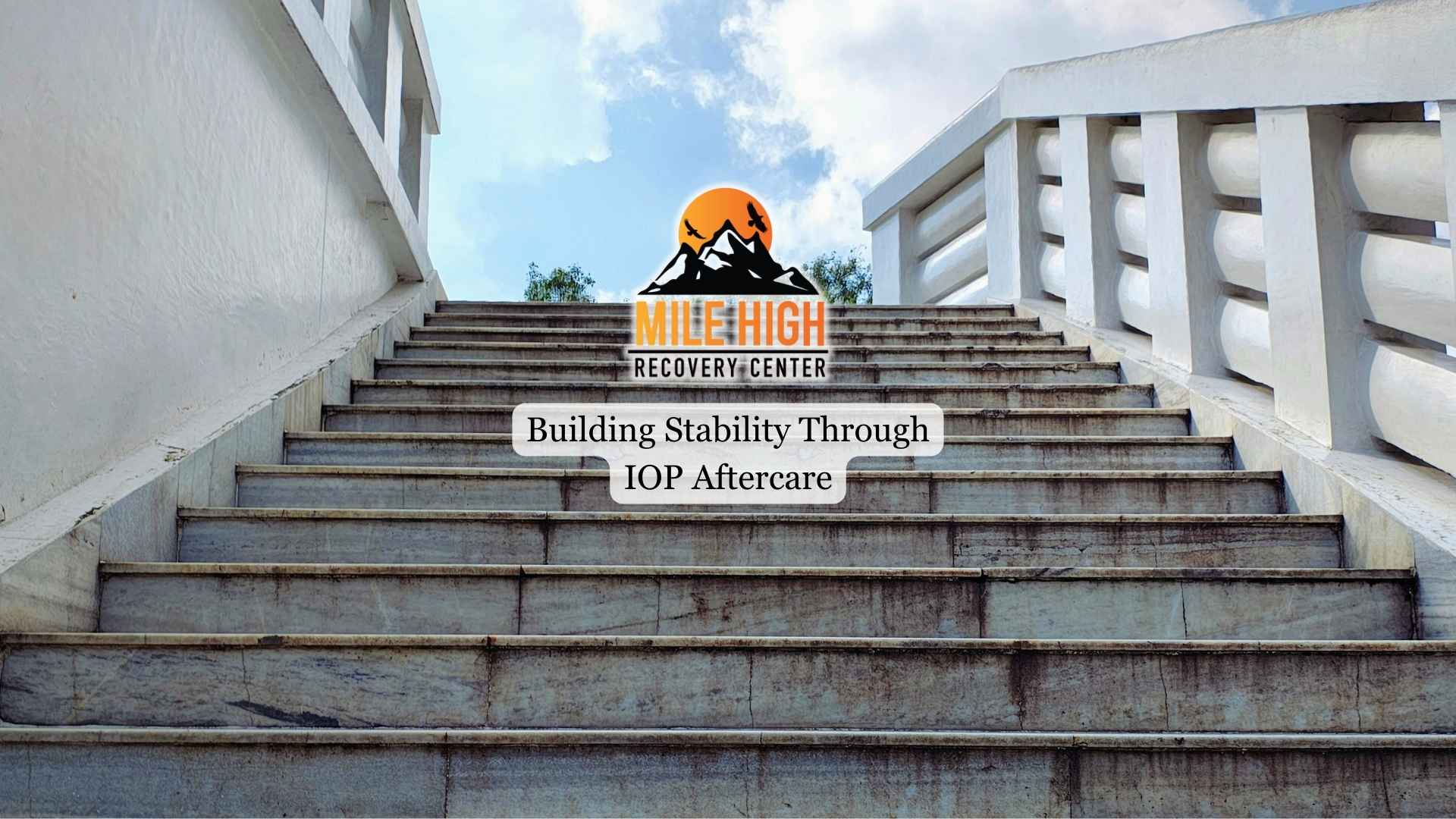Motivational interviewing (MI) is a client-centered, evidence-based counseling style designed to help people struggling with substance use disorders (SUD) find their own motivation to change their behavior.
This article will provide an in-depth look at the principles and techniques of motivational interviewing, explain how it helps patients overcome ambivalence, and explore its important role in supporting lasting behavioral change in addiction recovery.

Principles of Motivational Interviewing
Developed by William R. Miller and Stephen Rollnick in the 1980s, MI is now a cornerstone of addiction treatment and is widely used by therapists and clinicians to help clients explore and resolve ambivalence about making positive life changes.
At its core, motivational interviewing is built on a collaborative partnership between the therapist and the client. Unlike confrontational or directive approaches, MI honors the client’s autonomy, recognizing that meaningful behavioral change comes from within. The principles of MI, as described by Miller and Rollnick, are:
- Collaborative: The therapist and client work together as partners.
- Evocative: The therapist elicits the client’s own reasons for change.
- Accepting: The therapist respects the client’s autonomy and choices.
- Compassionate: The therapist prioritizes the client’s welfare and well-being.
This evidence-based approach is especially important in addiction treatment, where clients may feel ambivalent or resistant to starting a treatment program or making significant life changes.
Key Elements and Techniques of MI
MI uses several core techniques to help clients develop their motivation to change:
Open-ended questions
Encourage clients to talk about their experiences, feelings, and goals, rather than giving yes/no answers. For example, “What would you like to see differently about your current situation?”
Affirmation
The therapist recognizes and reinforces the client’s strengths, efforts, and past successes, building confidence in their ability to change.
Reflective listening
The therapist listens carefully and reflects back what the client says, helping them feel understood and clarifying their own thoughts and feelings.
Summarizing
The therapist periodically summarizes what has been discussed, reinforcing important points and ensuring mutual understanding.
These skills, often referred to as OARS (Open questions, Affirmation, Reflective listening, Summarization), are essential in fostering a safe, nonjudgmental environment where clients can explore their ambivalence and begin to articulate their own reasons for change.
The Four Processes of Motivational Interviewing
William Miller and Stephen Rollnick structured MI around four fundamental processes that guide the change process:
- Engaging: Building a trusting, therapeutic relationship between the client and the therapist. This stage focuses on rapport and reducing defensiveness.
- Focusing: Collaboratively identifying the main focus for change, such as reducing or stopping substance use.
- Evoking: Drawing out the client’s own motivations, values, and arguments for change, known as “change talk”.
- Planning: Helping the client develop a concrete plan and commitment to change their behavior.
These processes are not strictly linear – therapists may move back and forth between them as needed to support the client’s readiness and motivation for change.
Resolving Ambivalence and Encouraging Change
Ambivalence—feeling two ways about changing—is a normal part of addiction recovery. Many people with substance use disorders want to change, but also feel uncertain or resistant. MI helps clients explore and resolve ambivalence by eliciting their own reasons for change and reinforcing their confidence in their ability to change. This is especially important for clients who are not yet fully motivated or are resistant to starting a treatment program.
Therapists use MI techniques to encourage “change talk”—statements by the client expressing desire, ability, reasons, or need for change. By focusing on these intrinsic motivations, MI empowers clients to make positive changes for their own reasons, rather than in response to external pressure.

Applications and Benefits of Motivational Interviewing in Addiction Treatment
MI is widely used in substance abuse treatment and is effective across various populations and settings, including primary care, mental health, and behavioral therapy. It can be used as a standalone approach or in combination with other evidence-based therapies, such as cognitive behavioral therapy (CBT).
Benefits of motivational interviewing include:
- Increased engagement and retention in treatment programs.
- Higher rates of abstinence and reduced substance use.
- Greater confidence in the ability to change and maintain positive changes.
- Reduced resistance and relapse rates.
- Enhanced motivation for change, even among those ambivalent or resistant to treatment.
Research shows that MI is effective as other leading treatments for substance use disorders. It is especially helpful early in the change process, preparing people to change and helping them move through different stages of change.
Limitations and Considerations
While MI is highly effective, it is not a cure-all. Its success depends on the client’s readiness and the therapist’s skill in applying MI principles. MI works best as part of a comprehensive treatment plan tailored to the individual’s needs, especially for those with co-occurring mental health or physical health conditions.
Final Thoughts from Mile High Recovery
Motivational interviewing is a powerful, client-centered counseling approach to addiction recovery that helps clients overcome their ambivalence, build motivation, and commit to positive behavior change. MI empowers clients to find their reasons for change and supports them throughout the recovery journey.
At Mile High Recovery Center, we use motivational interviewing to foster a supportive and empowering journey toward healing. Our approach helps you discover your motivation for change and strengthens the confidence you need to achieve lasting recovery. Through open-ended questions, compassionate listening, and a collaborative partnership, our team guides you in self-exploration, enabling you to make thoughtful, positive, and meaningful choices for your future.






